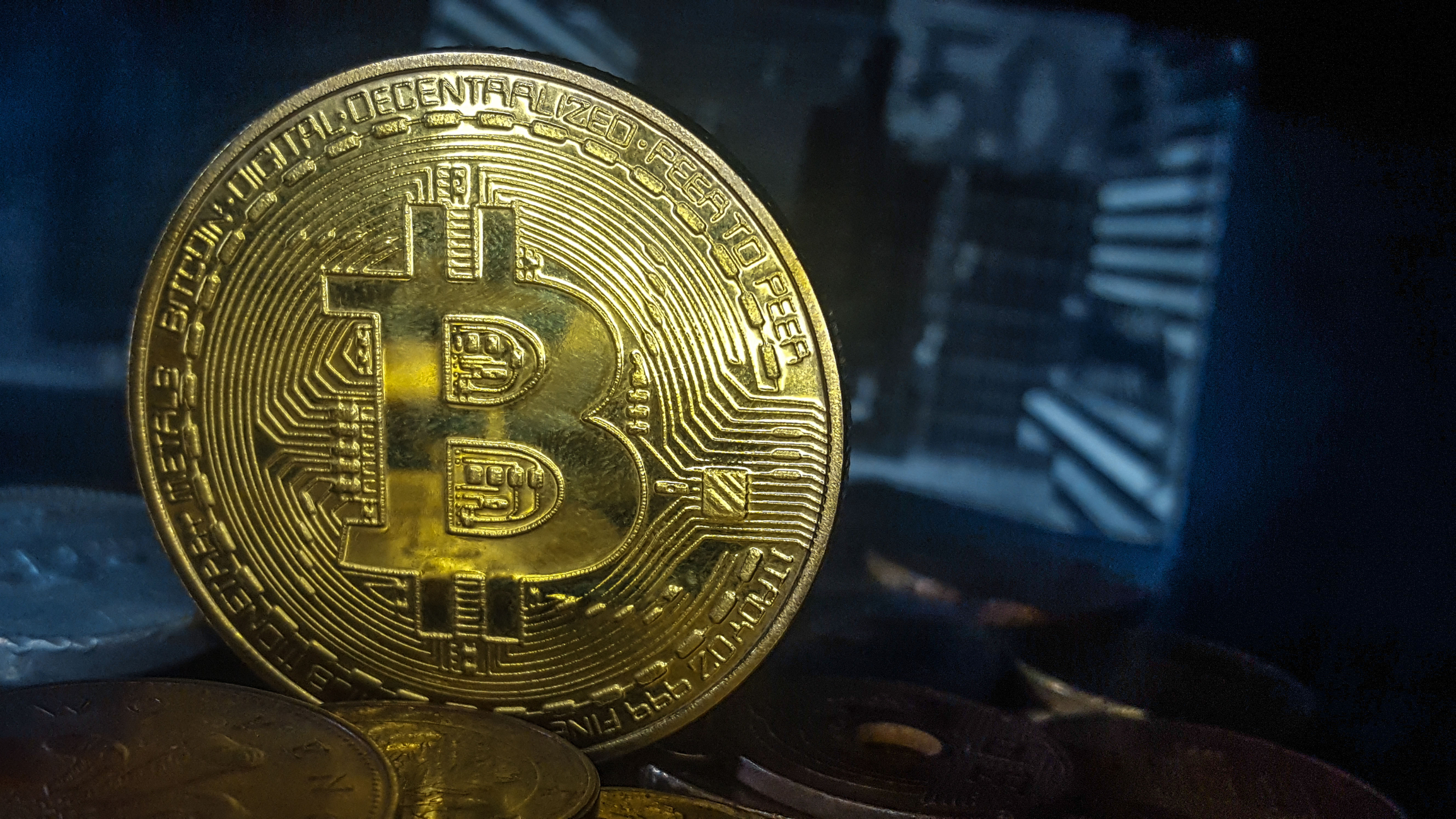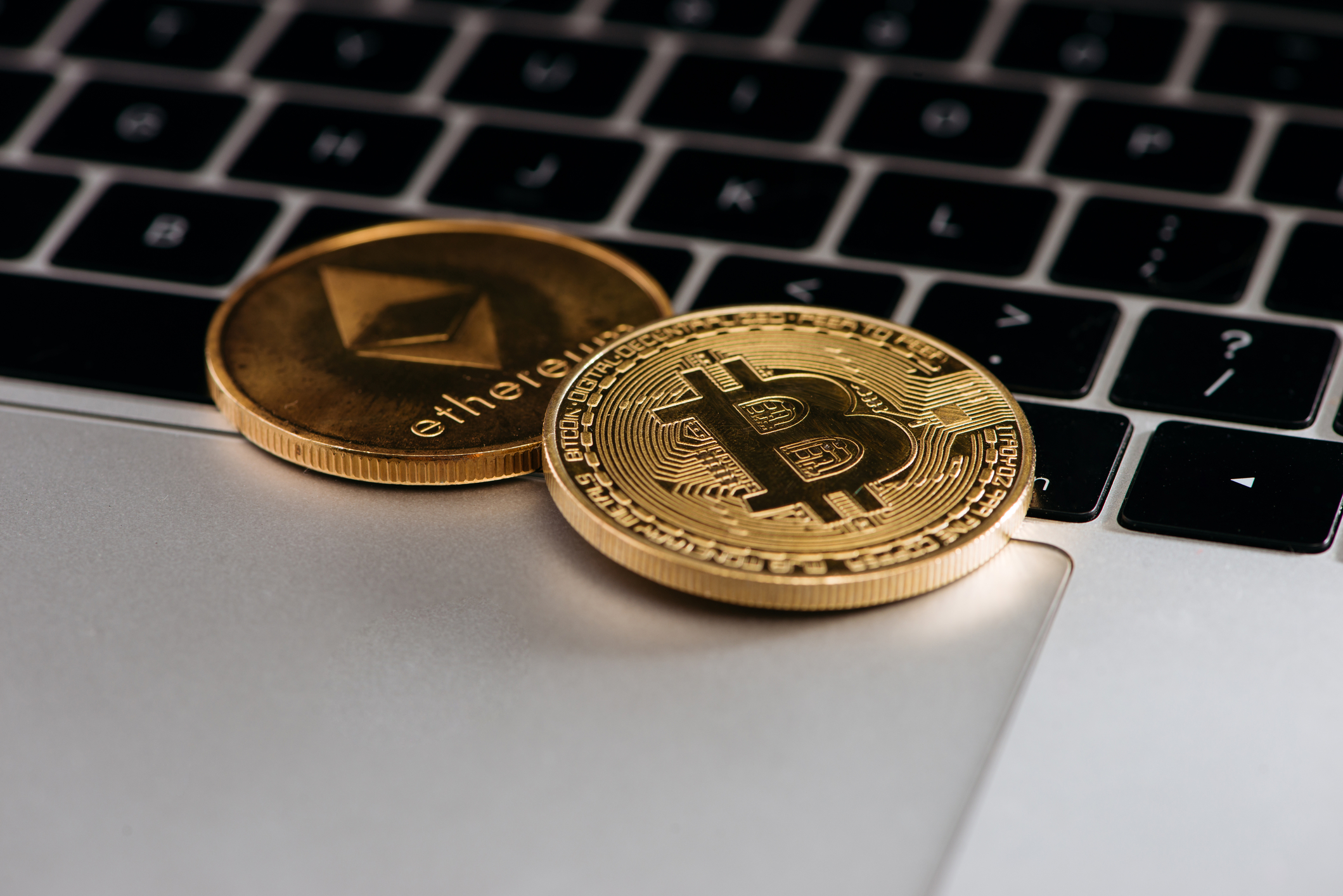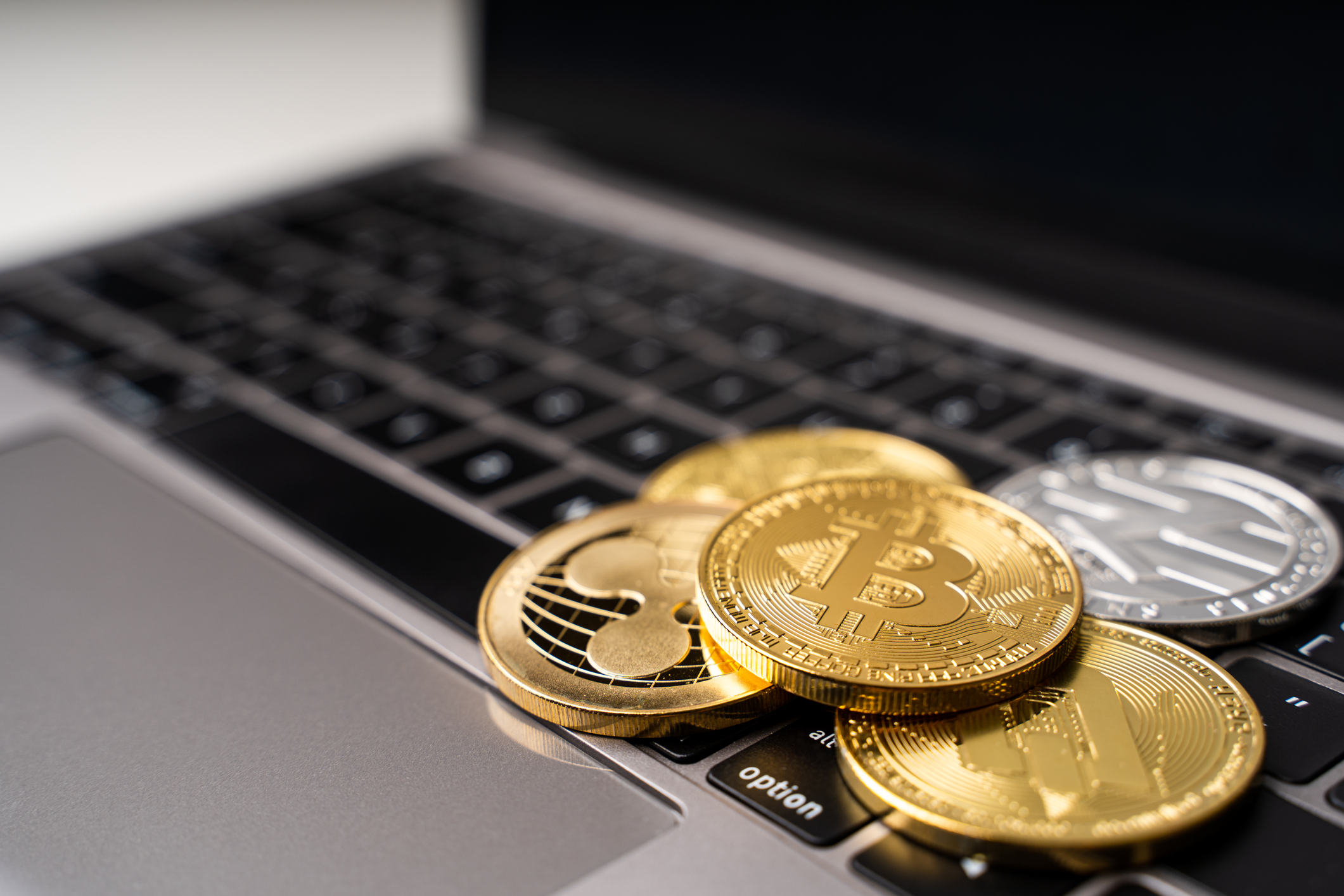Delving into the Age of Digital Currency: Evaluating Readiness, Advantages and Challenges of a Cashless Society
The digital age has brought about a myriad of changes in our everyday lives, but perhaps none as significant as the evolution of our financial systems. From the advent of online banking to the rise of cryptocurrencies, the way we deal with money has been transformed. This section serves as an introduction to the world of digital currency, setting the stage for a comprehensive exploration of its readiness, advantages, and challenges. We will delve into the ramifications of this shift towards a cashless society, its potential benefits, and the hurdles we may face along the way.
The Evolution of Currency

To fully understand the implications of digital currency, we must first look at how our monetary systems have evolved over time. This section will trace the history of currency, starting with the barter system, moving on to the introduction of coins and notes, and finally reaching the digital age. We'll explore how each transition has been a response to the needs of society at the time, and how digital currency is the next logical step in this evolution.
The Mechanics of Digital Currency

Before we can evaluate the readiness of society to adopt digital currency, it's crucial to understand how it works. This section will demystify the mechanics behind digital currency, explaining concepts like blockchain technology, cryptocurrencies, and digital wallets. We'll also look at the role of government and financial institutions in the digital currency ecosystem.
The Rise of Cryptocurrencies

Cryptocurrencies have been at the forefront of the digital currency revolution. This section will delve into the rise of cryptocurrencies like Bitcoin and Ethereum, discussing their origins, their unique features, and the reasons behind their popularity. We'll also explore the controversies and challenges that have accompanied their rise.
The Readiness for Digital Currency

As we move closer to a cashless society, it's important to assess our readiness for this transition. This section will evaluate various factors that determine our readiness, such as technological infrastructure, digital literacy, and the regulatory environment. We'll also discuss the initiatives that governments and businesses are taking to prepare society for digital currency.
The Advantages of Digital Currency

Digital currency offers numerous advantages over traditional forms of money. This section will highlight these benefits, such as convenience, security, and the potential for financial inclusion. We'll also explore how digital currency can foster innovation and drive economic growth.
The Challenges of Digital Currency

While digital currency has many advantages, it also comes with its own set of challenges. This section will discuss these challenges, which include issues of privacy, security, and volatility. We'll also delve into the regulatory and ethical dilemmas posed by digital currency.
The Impact on Businesses

The shift towards digital currency has significant implications for businesses. This section will explore how businesses can leverage digital currency to improve their operations, reach new markets, and stay competitive. We'll also discuss the challenges that businesses may face in adopting digital currency.
The Impact on Consumers

Digital currency also has a profound impact on consumers. This section will delve into how digital currency can empower consumers by providing them with greater control over their finances. We'll also discuss the potential risks and challenges that consumers may face.
The Impact on Governments

The rise of digital currency poses unique challenges and opportunities for governments. This section will explore how governments can use digital currency to improve public services and boost economic development. We'll also discuss the regulatory challenges that governments face in managing digital currency.
The Role of Banks and Financial Institutions

Banks and financial institutions play a crucial role in the digital currency ecosystem. This section will delve into how these institutions are adapting to the rise of digital currency, the opportunities it presents, and the challenges they face.
The Future of Digital Currency

As we look towards the future, it's clear that digital currency will play a pivotal role in our financial systems. This section will explore the potential future scenarios for digital currency, discussing the trends that could shape its evolution and the potential impact on our society.
Case Study: Sweden's Cashless Society

To better understand the implications of a cashless society, this section will present a case study of Sweden, a country that is leading the charge towards becoming completely cashless. We'll explore the benefits and challenges that Sweden has experienced in this transition.
Case Study: Venezuela's Petro Cryptocurrency

This section will delve into the case of Venezuela's Petro cryptocurrency, exploring how it was used as a tool to circumvent economic sanctions and the challenges it faced.
Digital Currency and the Developing World

The rise of digital currency has significant implications for the developing world. This section will explore the potential benefits and challenges of digital currency in these regions, discussing how it could foster financial inclusion and drive economic development.
Regulatory Challenges and Solutions

Regulating digital currency is a complex task that requires careful consideration. This section will delve into the regulatory challenges that digital currency presents, and discuss potential solutions to these challenges.
Ethical Considerations of Digital Currency

Digital currency also raises a number of ethical considerations. This section will explore these ethical dilemmas, discussing issues such as privacy, security, and the potential for misuse of digital currency.
Preparing for a Cashless Society

As we move towards a cashless society, it's crucial that we prepare for this transition. This section will discuss the steps that individuals, businesses, and governments can take to prepare for a cashless society.
The rise of digital currency marks a significant shift in our financial systems. This transition offers numerous benefits, but also presents a number of challenges. As we move towards a cashless society, it's crucial that we navigate these challenges carefully to ensure a smooth transition. This section will summarize the key points discussed in this article, and provide a final reflection on the future of digital currency.







